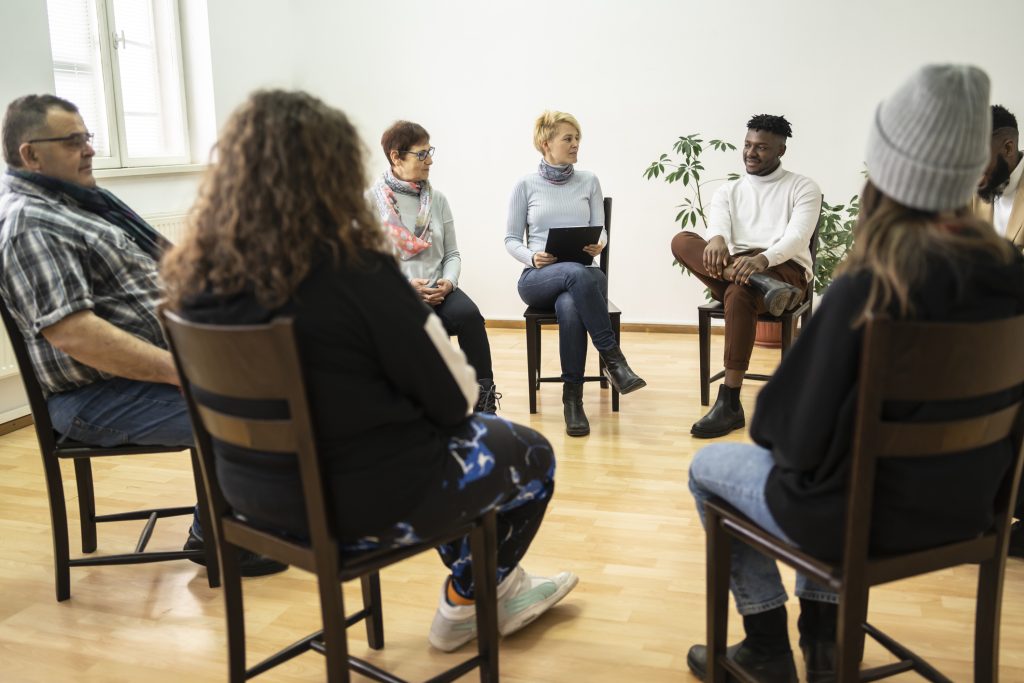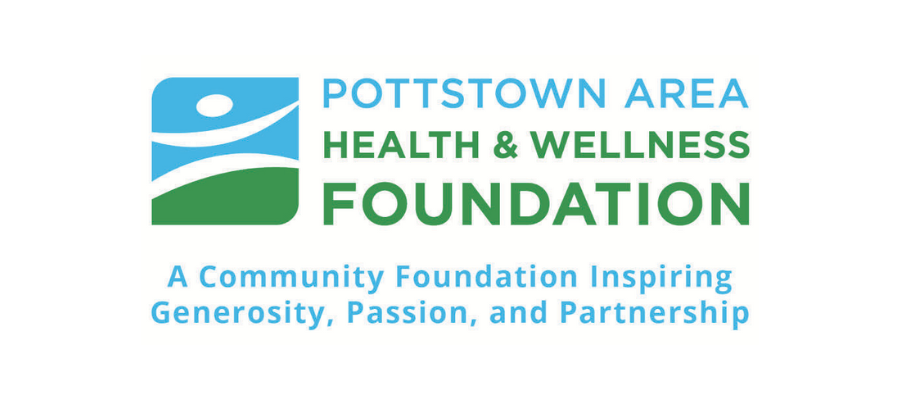Get Help With Substance Abuse
Substance Abuse Continues to Rise

If you or someone you love struggles with addiction, you are not alone. Over a 12-month period ending in October 2021, approximately 105,752 people died of drug overdoses in the U.S. The Pottstown Area Health & Wellness Foundation encourages you to seek help. Here is some compassionate guidance.
As the pandemic lingers, so does the mental and financial depression resulting from it. This increases the already dangerous risk of harms associated with substance abuse, including its risk of addiction. Recognizing addiction’s widespread existence is the first step in combating it. Yet, this is often the biggest challenge—for both the addicted and their loved ones.
Ditch the Stigma
Substance abuse is a serious medical condition manifested from physical and mental circumstances. It does not lurk in dark alleyways, strike the weak, or discriminate on income or race. Historically associated with poor character, rough neighborhoods, or plain-old bad behavior, substance addiction was (and often still is) a taboo topic.
Sadly, society continues to sweep substance abuse into the shadows where its effect worsens for the individual and the community as a whole. Rather, intervention and encouragement are what is needed to give hope and strength to recover. Awareness is critical to overcoming this life-threatening disease.
Societal shaming leads to denial or further abuse, which causes a downward spiral. Being addicted to alcohol or other drugs is an illness that requires medical treatment. However, when treatment and support is available, addicted individuals may be reluctant to share their substance abuse habits with healthcare providers for fear of judgment and discrimination.
The Latest Science
Research indicates actual changes in the brain that are needed for self-regulation are to blame for compulsive use of substances in some individuals. In these instances, the brain compulsively overrides any attempts to stop use. Additionally, genetic, developmental, and environmental factors also make one susceptible. Researchers are continuously discovering more about these influences, further debunking the stereotypical depiction and associations of a drug addict.
How to Help Yourself & Others
Recognize substance abuse is a medical condition. One of the biggest challenges in overcoming addiction is acknowledging it. It does not reflect lack of character, weakness of will, or conscious wrongdoing.
If you or a loved one are suffering, PAHWF can connect you to the appropriate support systems. We researched the following substance abuse and mental wellness resources available in our community for your convenience:
Creative Health Services provides quality behavioral healthcare designed to empower and promote wellness for individuals, families and communities. https://creativehs.org/services/
Addiction Doctors in TriCounty: https://ch-dc.org/our-services/substance/
If you think you may need help, consult with your doctor or call the National Helpline at 1-800-662-HELP (4357) to start a conversation.
Pottstown Foundation’s Mental Wellness Page
https://pottstownfoundation.org/mission-healthy-living/mental-wellness
Work on areas of life that may have triggered the substance abuse. Often, humans try to self-soothe to overcome depression, stress, or life difficulties. PAHWF works to address wellness, financial, food insecurity, and other issues that impact a healthy lifestyle. Use our resources to help Economic Stability.
Support is available right now to treat the physical and mental aspects of addiction illness. A network of local services is dedicated to overcoming this with you. There is no shame in getting help for yourself or a loved one. Please make this happen.
